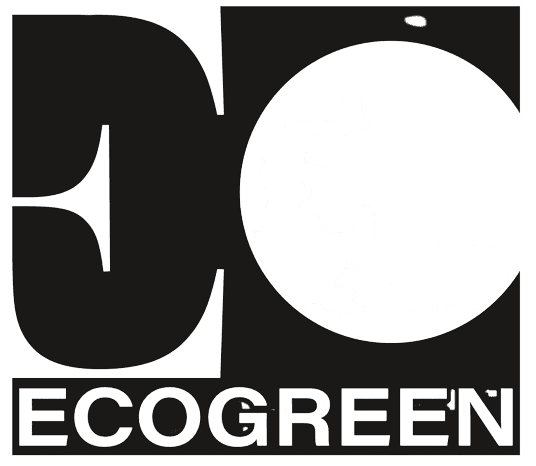
Environmental management & Improvement:
Minimize negative impact of operation:
SR-USAKTI-2023-LO10 (Page 43) – Source
Universitas Trisakti manages waste as part of its efforts to reduce the negative impact of academic community activities through the reduce, reuse, recycle (3R) program. As of the end of August 2024, the 3R program had successfully managed 75% of the waste generated at Campuses A and B.
Pollution prevention:
SR-USAKTI-2023-LO10 (Page 49) – Source
In managing domestic wastewater at the Sewage Treatment Plants (STP) on Campuses A and B, USAKTI monitors and measures several parameters, including pH, COD, BOD. Throughout the 2023/2024 academic year, the measurements of domestic effluent did not exceed quality standards, ensuring that it did not cause pollution to water bodies.
Energy efficiency:
SR-USAKTI-2023-LO10 (Page 32) – Source
Resources conservation:
SR-USAKTI-2023-LO10 (Page 29) – Source
Environmental improvement:
SR-USAKTI-2023-LO10 (Page 65) – Source
Waste reduction:
SR-USAKTI-2023-LO10 (Page 43) – Source
Recycling:
SR-USAKTI-2023-LO10 (Page 44) – Source
Organic waste from the canteen and leftover food is processed into compost for landscaping activities on Campuses A and B. USAKTI has processed an average of 3 liters of compost per day from the total 6,894 liters of organic waste generated daily. Although the processing is still under 1%, none of the waste is disposed of in open spaces. Non-organic waste at Campus A, totaling 1,365 kg per day or approximately 9,554 kg per week, is sold to third parties. For hazardous and toxic waste (B3) generated from laboratories, USAKTI stores the waste in sealed PE drums or plastic bags according to the type of waste. Periodically, the hazardous and toxic waste is collected by third parties for responsible processing.




